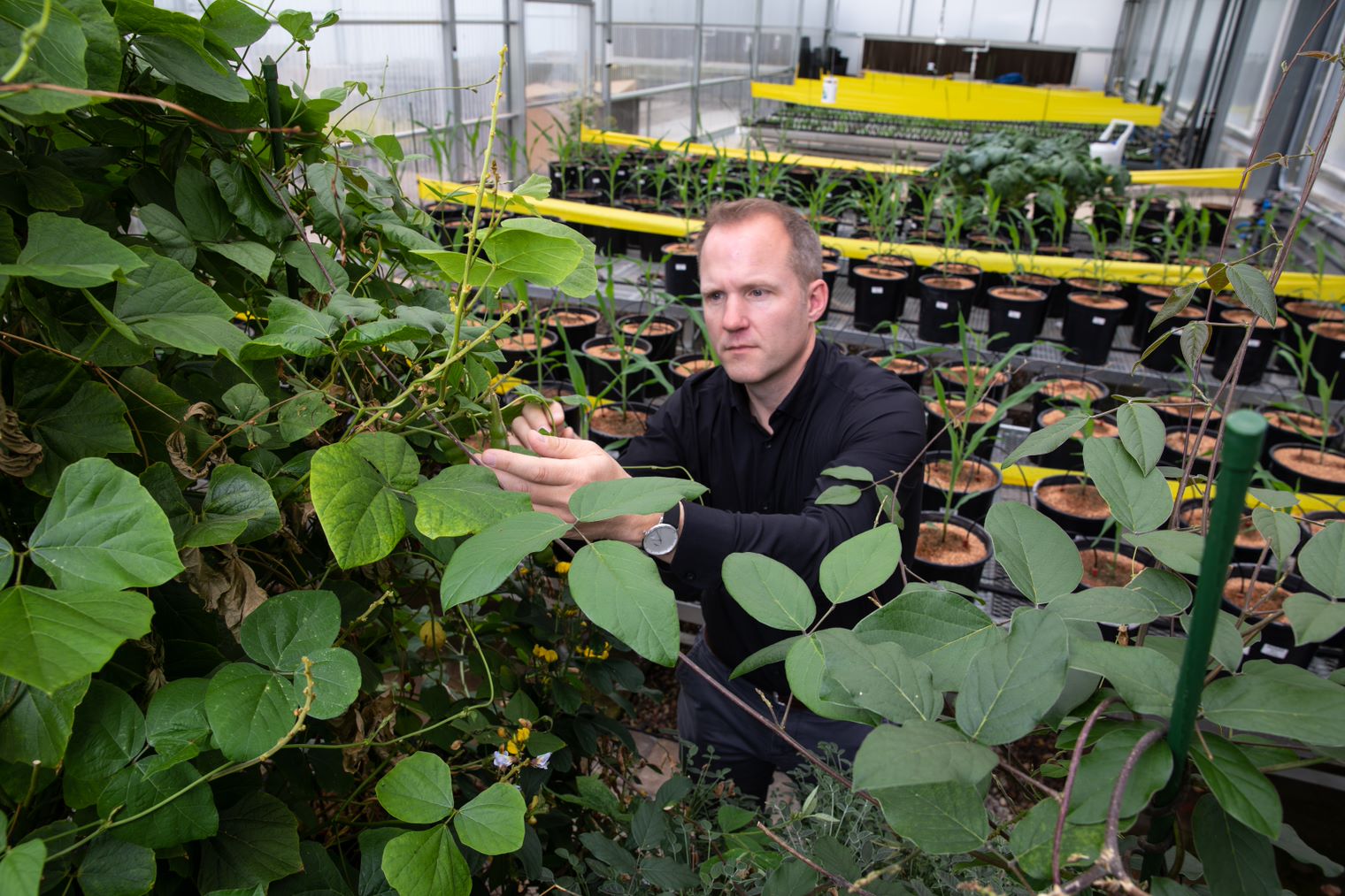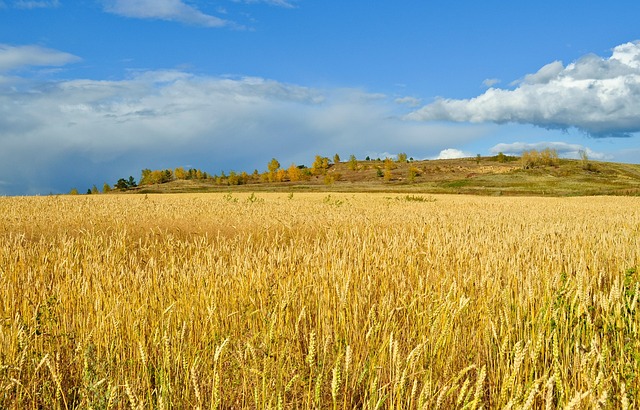As agriculture and farmers around the world work to mitigate and adapt to the complex challenges posed by climate change, Monsanto Company today announced plans to make its operations carbon neutral by 2021 through a unique program targeted across its seed and crop protection operations, as well as through collaboration with farmers.
“Climate change is one of the biggest issues we face in agriculture, as well as one of the most pressing challenges facing humanity,” said Hugh Grant, Monsanto chairman and chief executive officer. “That’s why we have pledged to do our part within our own business and to help support farmers and others. While progress has been made to reduce agriculture’s carbon footprint, we must work collectively to do even more if we are going to sustainably feed 9.6 billion people by 2050. Agriculture is uniquely positioned to deliver climate change solutions, and we hope that policy makers recognize the role agriculture, farmers and crops can play in mitigating carbon emissions.”
The company’s efforts focus on several key areas:
- Seed Production – Monsanto will drive carbon neutral crop production in its own seed production operations by leveraging diverse products and agronomic approaches, such as breeding, plant biotechnology, data science, conservation tillage and cover cropping systems, with the goal of eliminating that portion of its carbon footprint altogether. Working with outside experts in data science on extensive modeling, Monsanto has shown that utilizing these practices and innovations can make an important difference, allowing corn and soybeans to be grown such that soil absorbs and holds greenhouse gases equal to or greater than the total amount emitted from growing those crops – reinforcing agriculture’s unique role in climate change mitigation. The company also will work with farmers to promote and drive the increased adoption of these carbon neutral crop production methods.
- Crop Protection – The company also is targeting its crop protection business to be carbon neutral by 2021. Previously, Monsanto announced a goal to reduce the operational greenhouse gas emissions intensity in its crop protection operations and has continued to make steady progress against its commitment. To offset the remainder of its crop protection and other non-seed production operations, Monsanto is working to develop a program to provide incentives to farmer customers who adopt carbon neutral crop production methods – in exchange for part of their carbon reduction value. Monsanto will use those reductions as offsets to neutralize its remaining carbon footprint.
- Sharing Data, Increasing Adoption of Best Practices – Monsanto has developed the carbon neutral crop models with the help of external experts and will share their data and modeling results with the broader agriculture, climate modeling and other communities to help drive the adoption of best practices and to reinforce the role crops can play in reducing carbon emissions. To date, these models are focused on the U.S. Corn Belt, where the most accurate data on crop yields, soil types, crop rotations and best management practices are publicly available. The models indicate that high yielding, carbon neutral corn and soybean production, in the United States alone, has the potential to reduce crop production emissions equivalent to 100 million metric tons of carbon dioxide, which is equal to reducing 233 million barrels of oil consumption per year.
“This program is a critical step in agriculture’s overall effort to mitigate climate change,” said Dr. Chuck Rice, Distinguished Professor, Kansas State University and an author of the Intergovernmental Panel on Climate Change (IPCC) report. “The recent IPCC report indicated that agriculture is a significant pathway to mitigating greenhouse gases. Similar to other formalized carbon offset and renewable energy credit programs, organizations have started to invest in verified offsets originating from agricultural activities. Agriculture can be a positive force in the fight against climate change, and it’s important to see Monsanto stepping forward in this way.”
Farmers’ interest in adoption of these practices will require ongoing demonstration of the best practices and benefits related to carbon neutral cropping program. “My goal is long-term sustainability – raising crops as sustainably and environmentally friendly as I can,” said Tim Smith, an Iowa farmer from Eagle Grove. “Using these best practices together has proven to not only be good for the environment, but it also maximizes my productivity. In recent years, rainfall events have been more intense in terms of quantity and in frequency, so it is even more important today to implement practices that will help to protect soil from serious erosion losses. As a farmer and steward of the land, it is encouraging to know that implementing these practices on my farm can be an important contribution in addressing climate change.”













